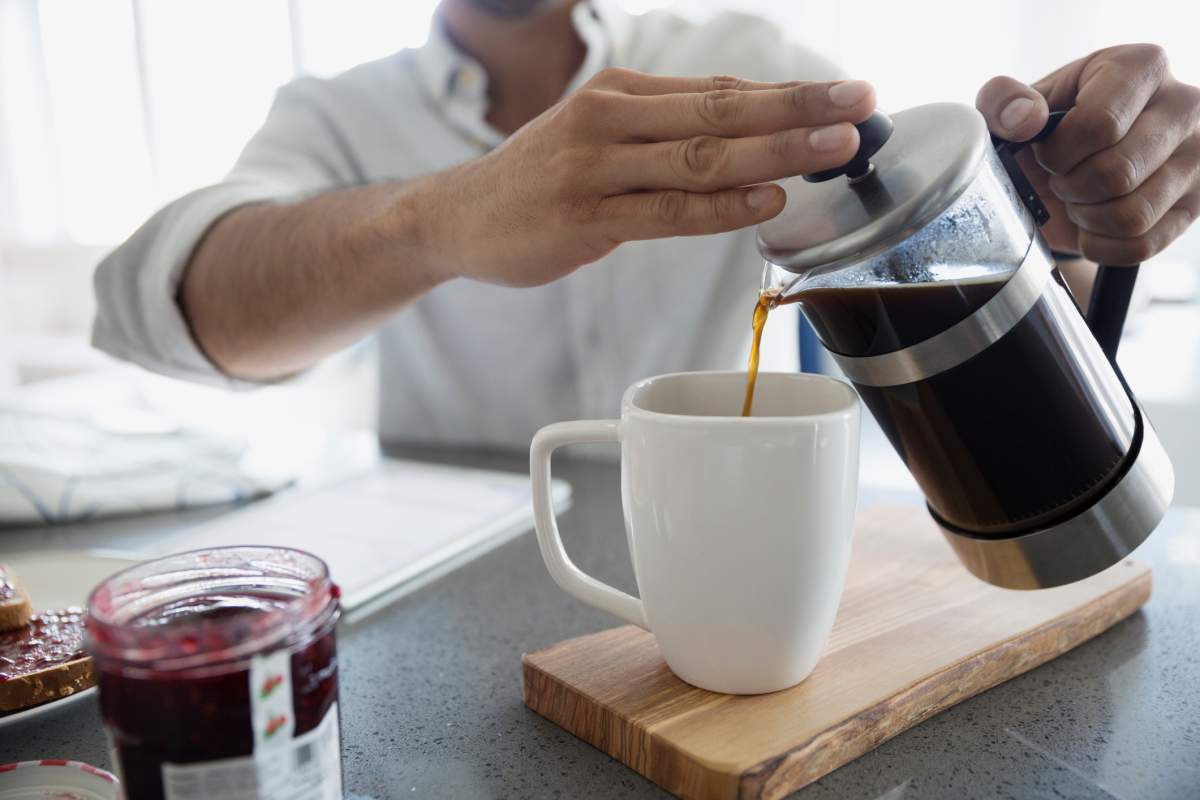Drinking a cup of coffee in the morning may seem like the best time for an energy boost, but a new study suggests morning coffees don’t necessarily make you more productive.

According to a new report by the United States Army published in the Journal of Sleep Research, scientists have been able to developed an algorithm that can boost alertness.
“We found that by using our algorithm, which determines when and how much caffeine a subject should consume, we can improve alertness by up to 64 per cent, while consuming the same total amount of caffeine,” principal investigator and senior author Jaques Reifman said in a statement.
“Alternatively, a subject can reduce caffeine consumption by up to 65 per cent and still achieve equivalent improvements in alertness.”
READ MORE: Drinking 3 or 4 cups of coffee a day could be good for your health: study
The research
This could change the amount of coffee the average person drinks — some reports have found three to four cups a day could be beneficial. And while it isn’t available to the public — just yet — it does give researchers a good idea of how caffeine can affect performance.
“Our algorithm is the first quantitative tool that provides automated, customized guidance for safe and effective caffeine dosing to maximize alertness at the most needed times during any sleep-loss condition,” Reifman continued.
To conduct the study, which will now be implemented for soldiers, Reifman’s team used a validated mathematical model, which basically predicted the effects of sleep loss and caffeine on psychomotor vigilance task (PVT) performance — a participant’s speed to visual stimulus.
READ MORE: Drinking coffee before a workout could boost performance: experts

Get weekly health news
Early morning sips
Previously, experts like YouTube science Channel ASAP Science team have said drinking coffee first thing in the morning was one of the worst times to consume caffeine, Time reported. Many of us have high levels of cortisol in our bodies early in the a.m. and caffeine can interfere with cortisol production.
“The other effect of drinking coffee in the morning is well-known to habitual morning drinkers: It increases the person’s tolerance to caffeine because it replaces the natural cortisol-induced boost instead of adding to it,” Time noted. ASAP Science concluded the best time to drink coffee was between 10 a.m. and noon and between 2 and 5 p.m.
Registered dietitian Anar Allidina told Global News that research has also shown drinking coffee early in the morning can lead to feelings of being jittery or hyper. “It is believed that the combination of caffeine and high cortisol could make you feel more tired later on, when both the caffeine and the cortisol wear off,” she said.
But she noted our sleep and hormone cycles are different.
Staying alert
Health Canada recommends no more than 400 mg of caffeine per day (three eight ounce cups of brewed coffee), she added.
“Some of us are more sensitive to caffeine than others and it’s a good idea to avoid caffeine up to six hours before bedtime to ensure we have restful sleep,” Allidina said. “Try to avoid having coffee after 3 p.m.”
READ MORE: Coffee addict? Why your daily cup of coffee may lead to a longer life
If you feel you need a boost mid-day, she suggested black tea which has less caffeine, or opt for half-caffeinated coffee at your barista.
“Remember to drink one glass of water for every cup of coffee you have to avoid dehydration. Coffee itself isn’t bad for us — it’s what we put in our coffee that matters.”









Comments
Want to discuss? Please read our Commenting Policy first.